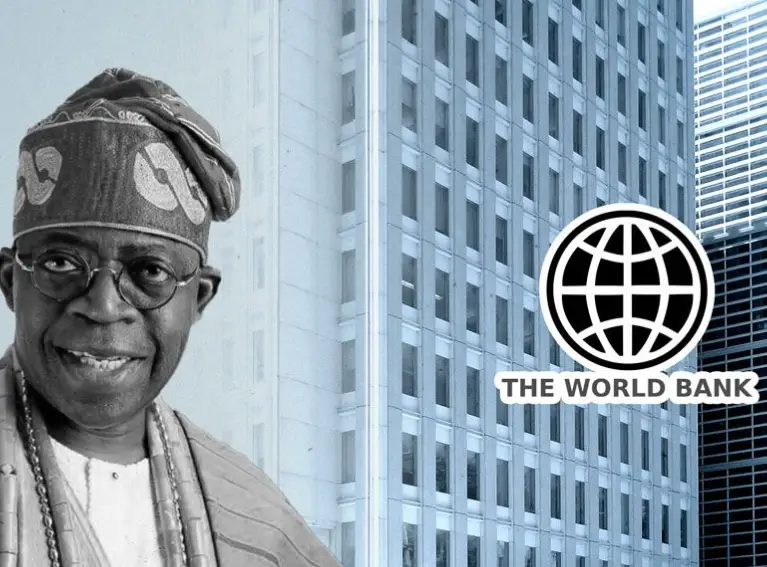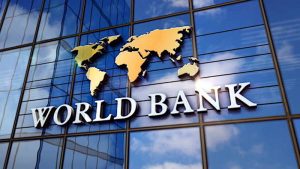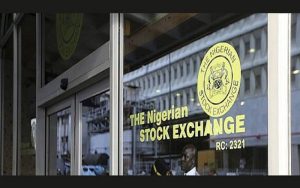
The World Bank has approved $2.25 billion in financing for Nigeria to support the Federal Government’s efforts to stabilize the economy and enhance revenue diversification.
This includes $1.5 billion for the Nigeria Reforms for Economic Stabilization to Enable Transformation (RESET) Development Policy Financing Program, and $750 million for the Nigeria Accelerating Resource Mobilization Reforms (ARMOR) Program-for-Results (PforR).
In a statement titled “Supporting Nigeria’s Homegrown Reforms: New World Bank Financing for Inclusive Growth and Revenue Diversification,” the World Bank highlighted the package’s goals: providing immediate financial and technical support for economic stabilization, scaling up assistance to vulnerable populations, and supporting Nigeria’s efforts to increase non-oil revenues and safeguard oil revenues.
The statement elaborated: “Nigeria recognized the urgency of changing course and embarked on critical reforms to address economic distortions and strengthen the fiscal outlook. These include unifying the multiple official exchange rates and fostering a market-determined official rate, as well as sharply adjusting gasoline prices to phase out the costly, regressive, and opaque gasoline subsidy.”
Additional steps include the Central Bank of Nigeria’s focus on price stability and tightening monetary policy to curb inflation. The government is also rolling out a targeted cash transfer program to alleviate the impact of high inflation on economically vulnerable households.
Minister of Finance Wale Edun commented: “We have embarked on bold and necessary reforms to restore macroeconomic stability and put the country back on a sustainable and inclusive economic growth path that will create quality jobs and economic opportunities for all Nigerians.”
Ousmane Diagana, World Bank Vice President for Western and Central Africa, added: “We welcome the support of the RESET and ARMOR programs as we further consolidate and implement our macro-fiscal and social protection policy reforms. Nigeria’s concerted efforts to implement far-reaching macro-fiscal reforms place it on a new path which can stabilize its economy and lift its people out of poverty.”








